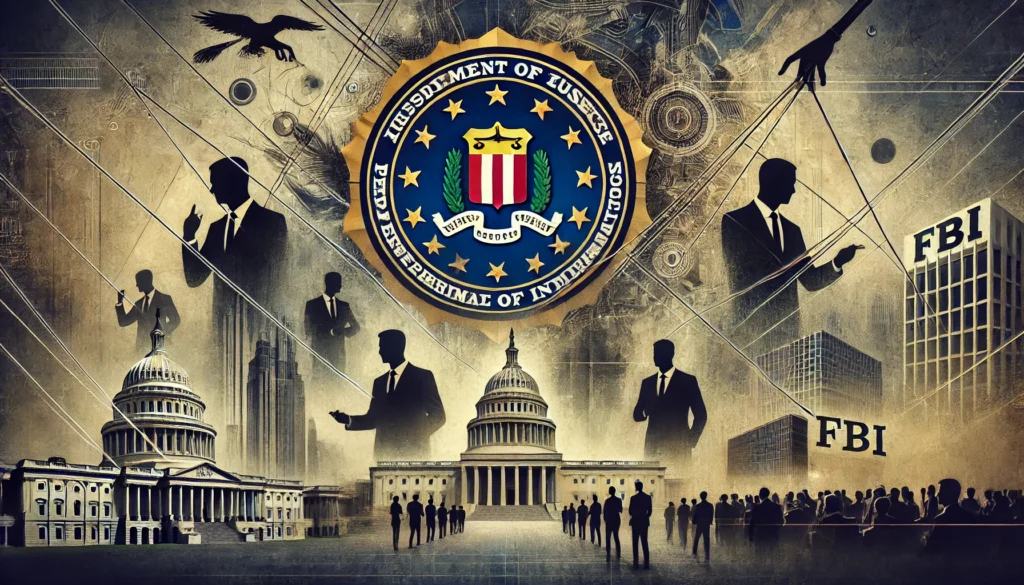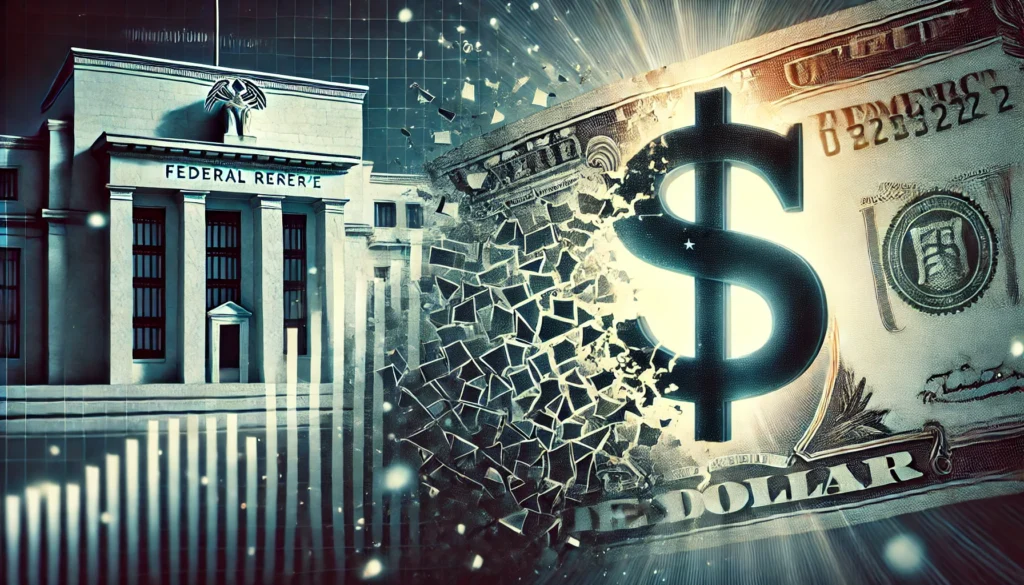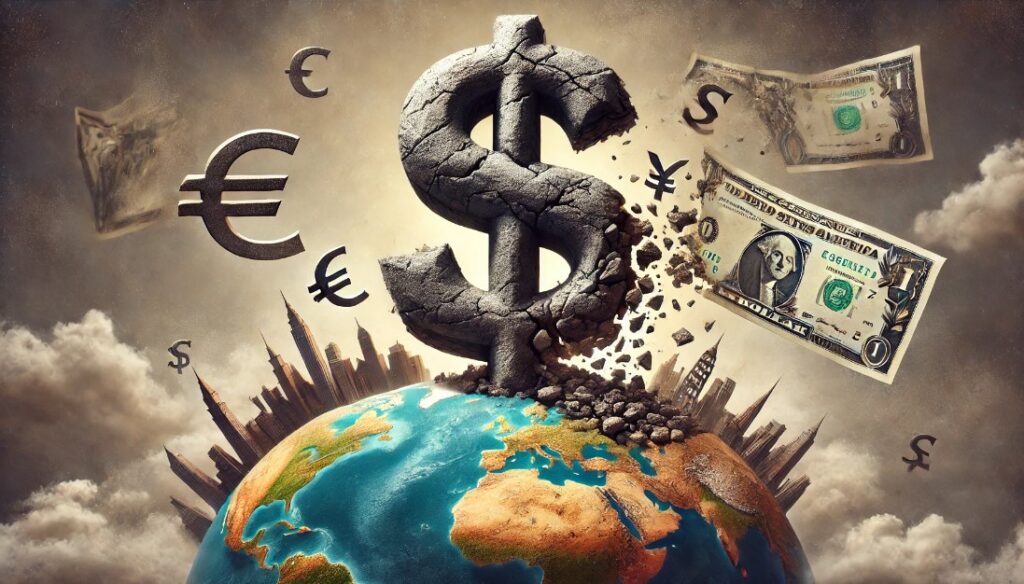“Do FBI Agents and FBI directors have political beliefs? Sure they do. But they’re not supposed to act on them.” –– John Kennedy
Donald Trump has announced that he plans to appoint Kash Patel as the next FBI Director. The response? A full-blown panic from the political elite, especially those in media and Washington. The mainstream narrative is that this move signals Trump’s intention to turn the FBI into a weapon, wielded against his enemies. The same establishment that decried Trump’s battle with the Bureau now claims that it would be a disaster if he took control.
But here’s the twist: They’re not wrong, but for all the wrong reasons.
For decades, the FBI has been the most powerful tool in the hands of the political establishment. It’s always been a weapon. The FBI’s very creation was born out of a political necessity, not a desire to fight crime. The Bureau was created to silence those who threatened the elite’s power. And this has been its mission since its inception.
Let’s rewind to the turn of the 20th century. Anarchists across Europe were shaking the foundations of power, assassinating royals and politicians. Their violence was spreading. In 1901, President William McKinley was assassinated by an anarchist in Buffalo, New York. McKinley’s death led to Theodore Roosevelt becoming president. And Roosevelt was the one who paved the way for the FBI’s creation.
Roosevelt’s Attorney General, Charles Bonaparte, was tasked with creating this new “investigative” agency. But when he went to Congress for approval in 1908, he was shot down. Congress was smart enough to see through the veiled language. They saw what Bonaparte was doing: creating a secret police force.
But Bonaparte wasn’t done. When Congress took its summer break, Bonaparte went ahead and set up the FBI anyway—without authorization. When Congress reconvened, he casually mentioned the new Bureau in his annual report. The FBI’s birth was a crime in itself.
From day one, the Bureau was unleashed on anyone seen as a threat to the status quo. It wasn’t just about criminals—it was about control. In its early years, the FBI went after anarchists, then expanded to antiwar activists as the U.S. entered World War I. The FBI was less a crime-fighting agency and more a domestic intelligence service, spying on political enemies, infiltrating movements, and keeping tabs on anyone that might challenge the political class.
The Bureau’s abuses didn’t stop there. In the mid-20th century, they actively sowed chaos between domestic groups, disrupted political movements, and engaged in covert operations to discredit public figures. The most infamous case? The FBI’s surveillance of Martin Luther King Jr., trying to use blackmail to drive him to suicide.
And though today’s FBI likes to disown its past, its actions haven’t changed. More recently, they’ve been involved in creating fake terror plots, luring vulnerable young men into committing “terrorist” acts and then swooping in to save the day—prolonging the war on terror narrative and giving the government justification to spy on citizens.
Now, after Trump’s first term, the FBI is again at the center of controversy. It has undermined him at every turn, launching investigations based on political motives rather than evidence. The right-wing, in particular, is right to be outraged—but the idea that the FBI has only recently been corrupted is naive. It has always served the political elite.
In the end, whether it’s Trump or anyone else, the FBI’s role hasn’t changed. It has always been a weapon. And that’s the real scandal.
The Morning Muster



